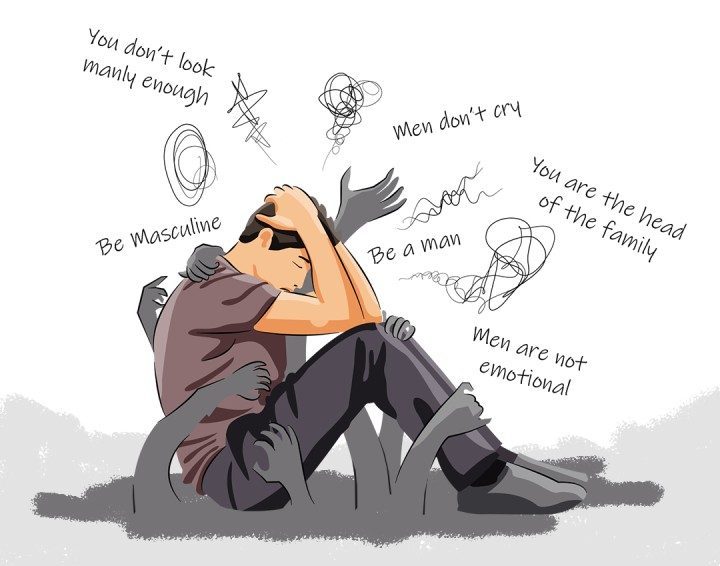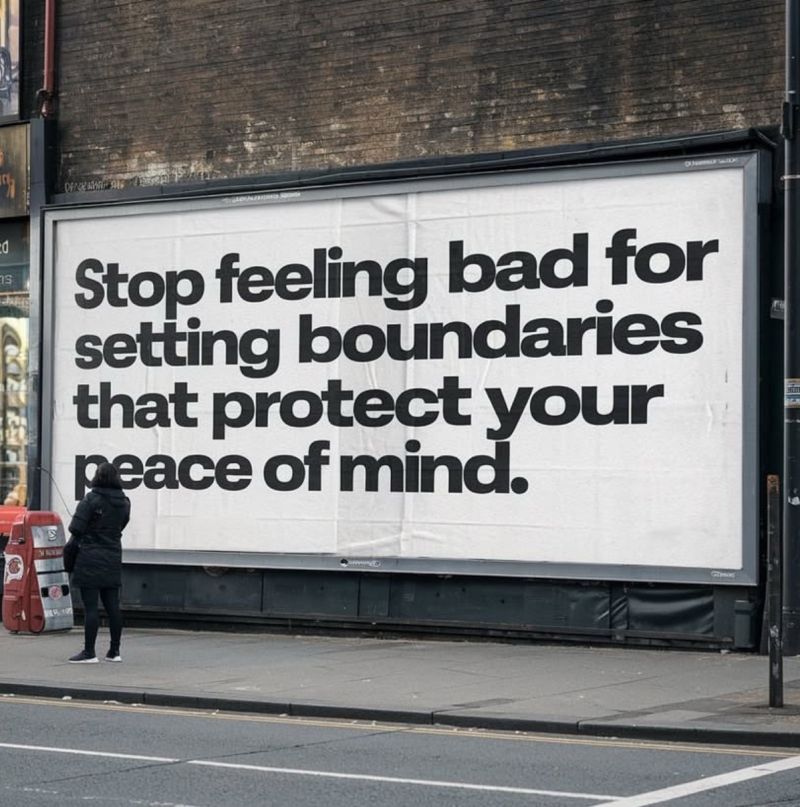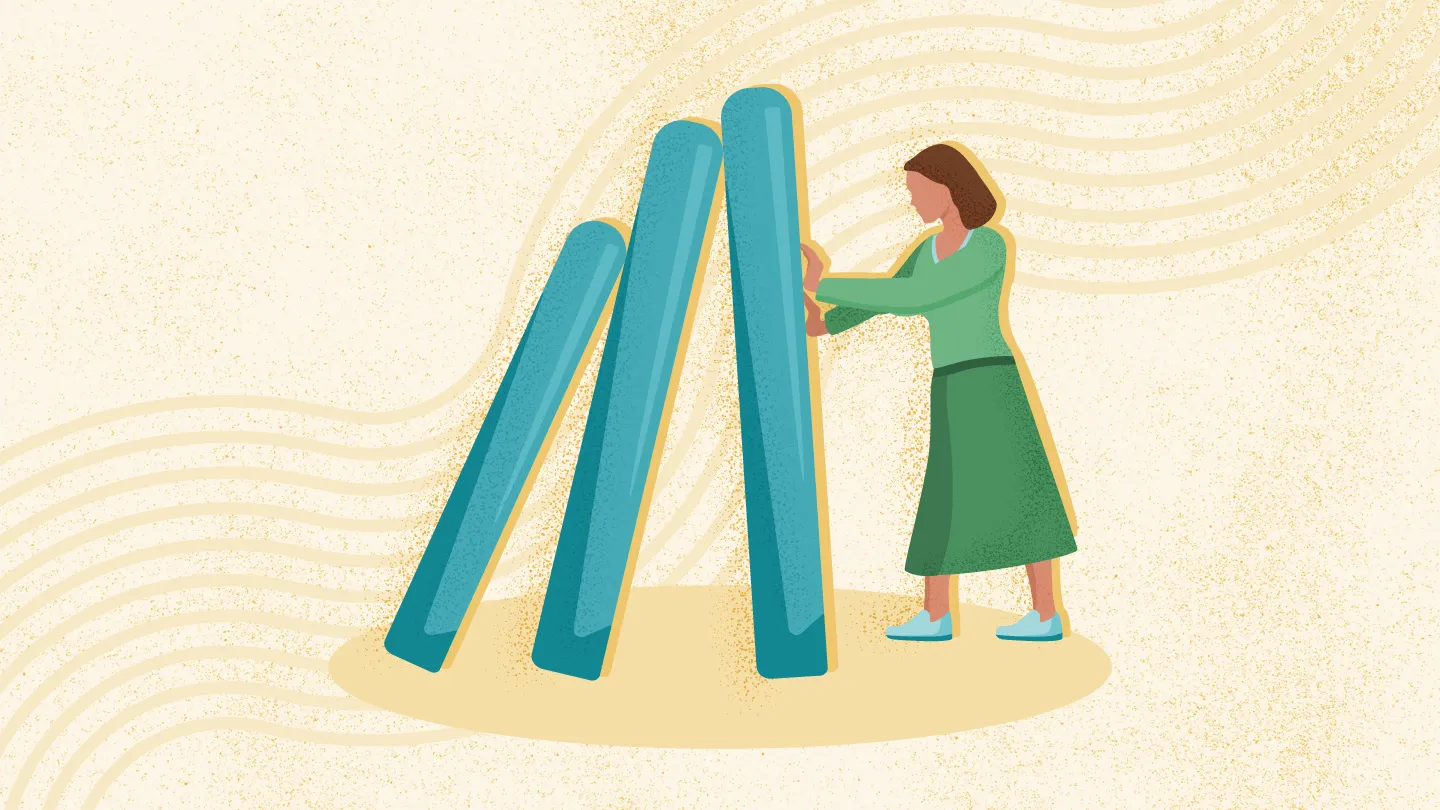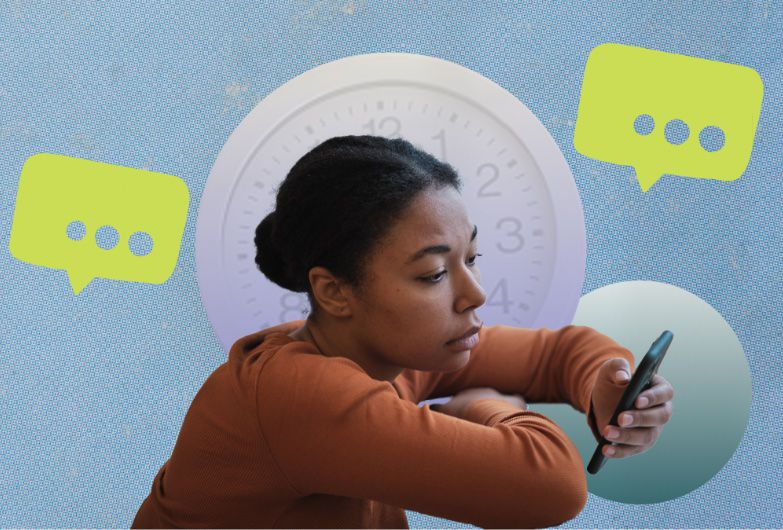Getting ghosted can leave you feeling confused, hurt, and questioning everything. I’ve been there. One minute, things seem great, and the next, you’re met with complete silence. Whether this happens after a seemingly perfect first date or months into a connection, the lack of closure triggers a unique kind of emotional pain. It’s surprisingly sharp, almost like a physical ache.
The good news? You can heal. You can recover from being ghosted by understanding why it hurts so much, letting yourself feel the emotions, and taking small, deliberate steps to get your confidence back and move on.
Understanding Why Being Ghosted Hurts So Much
When someone ghosts you, it triggers the same pathways in your brain as physical pain. That ache in your chest isn’t just in your head; it’s a real, visceral response. The sudden disappearance creates what experts call an “ambiguous loss,” leaving you stuck in a loop of unanswered questions. What did I do wrong? Was it something I said? Was I not enough?
Your brain hates unanswered questions. It’s a survival mechanism. This is why social rejection can feel so intense and lead to obsessive thoughts, self-doubt, and a serious hit to your self-esteem.

The Psychology Behind Ghosting Pain
The pain of ghosting is a double-whammy of social rejection and ambiguous loss. Your brain processes the sudden silence as a threat to your sense of belonging, a fundamental human need. You’re left trying to solve a puzzle with missing pieces, which creates a state of cognitive dissonance.
You start to internalize the blame because it feels safer to find a reason—any reason—than to accept the chaos of not knowing. This experience can challenge your core feelings of safety and security in relationships.
Why Closure Feels Impossible
With a typical breakup, there’s usually a conversation, an explanation. It might be painful, but it provides an endpoint. Your brain can start processing the loss and begin to heal. Ghosting steals that from you. It denies you the natural mechanism for closure.
That’s why reaching out for an explanation rarely works. I’ve tried it, and it usually just leads to more silence or a half-hearted, dishonest excuse. You can’t get closure from someone who was unwilling to give you basic respect in the first place.
Allow Yourself to Grieve the Loss
It feels strange to grieve someone who is still out there living their life, but it’s a completely necessary part of healing. The grief you feel is proof that you cared, that you were open and vulnerable. Honoring that is the first step. Give yourself permission to feel it all—the anger, the sadness, the confusion—without judging yourself. There’s no right or wrong timeline for this.
Recognize Grief as a Natural Response
Losing someone suddenly, even this way, triggers a genuine grief response. You might find yourself in denial, checking their social media, or re-reading old messages. You might get angry or fall into a pattern of negative self-talk. These aren’t signs of weakness; they’re just part of the cycle. Let them come and go.
Sit with Your Emotions Instead of Burying Them
The temptation to numb out is strong. But burying your feelings only prolongs the pain. Healing happens when you allow yourself to actually feel the sadness. Find a healthy outlet. Put on a sad playlist and have a good cry. Journal everything you’re feeling, no matter how messy. Remember, healing isn’t a straight line. You’ll have good days and bad days, and that’s okay.
Stop Blaming Yourself—It’s Not Your Fault
This is the most important thing you need to hear: Being ghosted is not a reflection of your worth. It is a reflection of the other person’s lack of courage, communication skills, and emotional maturity. They chose to protect themselves from a few minutes of uncomfortable conversation at the expense of your feelings. While your brain will try to convince you otherwise, the blame isn’t yours to carry.

Reframe the Experience
Instead of seeing this as a personal failure, try to see it as valuable information. This person showed you they are not capable of handling conflict or communicating with respect. They showed you they aren’t a compatible partner. In a way, they did you a favor by revealing their character early on. Someone who truly values you wouldn’t just disappear. The pain is especially deep when you’re dealing with being ghosted in a long-term relationship, but the principle remains the same.
Challenge Negative Self-Talk
The “what did I do wrong?” loop is powerful. When you catch yourself spiraling, stop and challenge the thought. Is it really true that you’re not good enough, or is it more likely that this person has their own issues? Replace self-criticism with self-compassion. Say to yourself, “I am hurting right now, and that’s okay. I deserved better than this.” Rumination doesn’t lead to answers; it only keeps you stuck in the pain.
Practice Radical Acceptance and Create Your Own Closure
You don’t need their explanation to move on. Radical acceptance is about acknowledging the reality of the situation—the relationship is over—without needing them to validate it. Creating your own closure means you stop waiting for an answer that will likely never come and decide to find peace on your own terms.
Write a Letter You’ll Never Send
This is a powerful exercise. Grab a pen and paper and write down everything you want to say. Pour out all the hurt, the anger, and the questions. Don’t hold back. When you’re done, you can read it aloud and then tear it up or safely burn it. This act of physically releasing the words can be incredibly therapeutic and serves as a ritual for closure.
Accept the Relationship for What It Was
Some people are only meant to be in our lives for a season. Honor the connection for what it was—the good parts and the lesson at the end. Let go of the “what ifs” and the future you imagined. The story ended differently than you hoped, and that’s painful, but accepting the finality of it is what sets you free.
Rebuild Your Self-Worth and Confidence
Ghosting can leave a huge dent in your self-esteem, making you feel inadequate or unwanted. The work now is to intentionally repair that damage. Remember, your worth existed before this person came along, and it remains fully intact after they left.
Recognize Your Inherent Worth
You are whole and worthy, with or without someone else’s approval. Nobody deserves to be ghosted. Practice reminding yourself of this. Use affirmations if they help, like “I am worthy of love and respect.” Your value doesn’t decrease based on someone else’s inability to see it or communicate properly. This is true whether you were ghosted by a friend or a romantic interest.
Practice Self-Compassion and Self-Care
Treat yourself with the same kindness you would offer a friend going through this. Self-compassion means speaking to yourself gently and acknowledging your pain without letting it consume you. Invest in self-care that truly nourishes your soul, not just numbs the pain. Go for a walk in nature, cook your favorite meal, spend time on a hobby, or reconnect with friends who make you feel good.
Set Boundaries to Protect Your Peace
Boundaries are not about punishment; they are about self-respect. After being ghosted, setting firm boundaries is crucial for protecting your emotional energy while you heal. This means taking control of your digital space and deciding what you will and will not accept in the future.

Block or Mute on Social Media
Constantly checking their social media is like picking at a wound. It will only prolong your pain and prevent you from moving on. You might also notice them “orbiting”—watching your stories or liking a post without ever reaching out. Don’t give them that window into your life. Block or mute them. It’s not petty; it’s a necessary act of self-preservation.
Decide Your Response If They Return
Ghosters often come back. It’s a frustratingly common pattern, sometimes tied to avoidant attachment styles. Before it happens, decide what you will do. Ask yourself: does someone who disrespected me this profoundly deserve another chance? If you’re even considering it, think about what would need to be different. You can learn more about why ghosters always come back, and it’s rarely because they’ve had a sudden change of heart.
Lean on Your Support System
You don’t have to go through this alone. In fact, isolating yourself will only make the obsessive thoughts worse. Reaching out to trusted friends and family reminds you that you are loved and valued. Sharing your experience can help you process it and gain a fresh perspective.
Talk to People Who Care About You
Call a friend who is a good listener. Be honest that you’re hurting and need some support. Allowing yourself to be seen and validated by people who genuinely care is a powerful antidote to the rejection you’re feeling. Spend time with people who lift you up and remind you of who you are outside of this one painful experience.
Consider Professional Support
If the pain feels overwhelming, or if the ghosting has triggered deeper issues with anxiety, depression, or past trauma, there is absolutely no shame in seeking professional help. A therapist can provide a safe space to process your feelings and give you tools to rebuild your self-esteem and navigate future relationships with more confidence. It’s a sign of strength to ask for help.
Move Forward and Build Resilience
Ultimately, getting over being ghosted is about redirecting your energy from the past to your present and future. It’s about personal growth and opening yourself up to new experiences and people who will treat you with the respect you deserve. This painful chapter does not define you.

Focus on Personal Growth
Use this as a catalyst. What have you always wanted to try? Is there a hobby you’ve neglected or a personal goal you’ve put on the back burner? Pour your energy into things that make you feel alive and fulfilled. You can find meaning in this experience by choosing to grow from it. Sometimes, the most painful endings clear the path for better beginnings.
When You’re Ready, Date Again
You don’t have to be 100% healed to meet new people. No one is ever fully healed from all their past hurts. When it feels right for you, get back out there. Approach new connections with the wisdom you’ve gained, with clearer boundaries and communication expectations from the start.
Learn to Recognize Red Flags
You can empower yourself by learning to spot warning signs early on. Pay attention to inconsistent communication (hot and cold behavior), an unwillingness to talk about the future, or a mismatch between their words and actions. Spotting red flags isn’t about being paranoid; it’s about honoring the lessons you’ve learned and protecting your heart. This can be especially important if you’ve been hurt by ghosting family members, where patterns are often deeply ingrained.
I hope these steps help you on your healing journey. Remember to be patient and kind to yourself. You’ve got this. For more thoughts on wellness and navigating life’s challenges, feel free to explore more at www.notonetype.org.


Có thể bạn quan tâm
How to Be a Better Wife: Practical Ways to Strengthen Your Marriage
Being a wife is a role that evolves. Some days it feels natural, and other...
Dec
Essential Advice for Building a Strong, Lasting Relationship
Building a relationship that lasts takes more than just love—it requires consistent effort, open communication,...
Dec
How to Deal with an Angry Partner: Effective Strategies for a Healthier Relationship
Dealing with a partner who frequently expresses anger can feel overwhelming. It’s emotionally draining. Whether...
Dec
How to Deal with Relationship Stress: 7 Proven Ways
Relationship stress affects nearly every couple at some point, causing tension, communication breakdowns, and emotional...
Dec
How to Rebuild Trust in a Relationship: A Step-by-Step Guide
Rebuilding trust after it’s been broken can feel like trying to glue a shattered vase...
Dec
How to Fix a Broken Marriage: 12 Proven Steps to Reconnect
Fixing a broken marriage is possible when both partners commit to the process, even when...
Dec